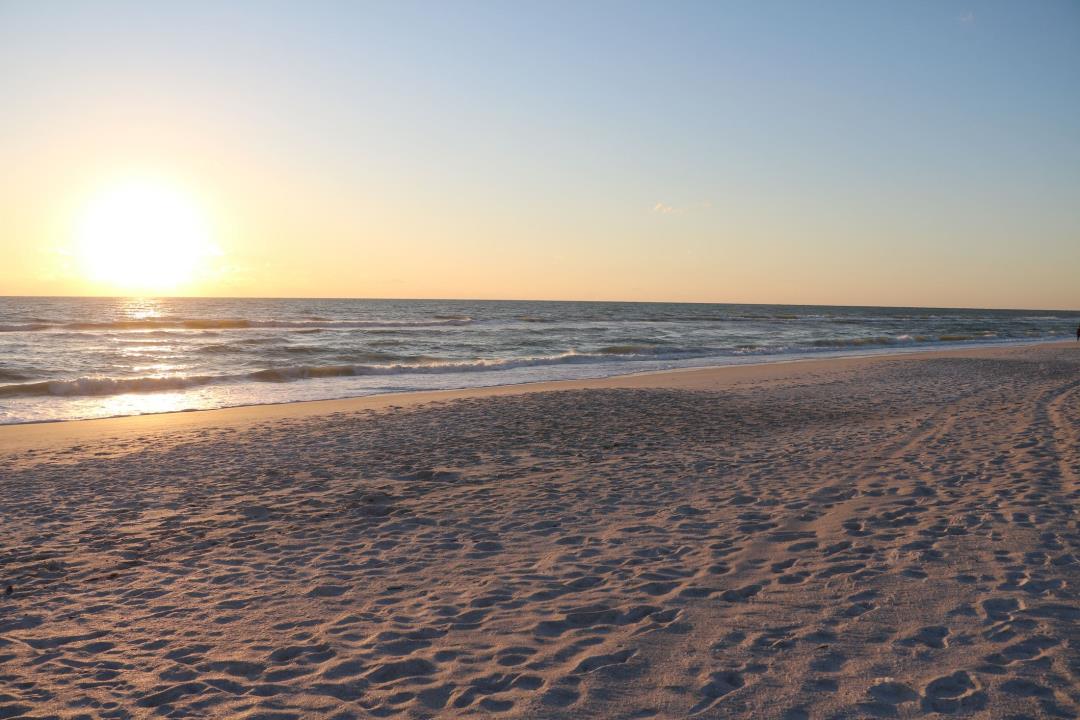The water temperature off the coast of Florida reached extremely high levels, surpassing 100 degrees Fahrenheit for two consecutive days. Although there are some concerns with the accuracy of the measurements, meteorologists believe this may be the hottest seawater ever recorded. It is important to note that official records for sea water temperature do not exist, and certain conditions in this particular reading may disqualify it from being recognized as a record. However, the initial reading on a buoy at Manatee Bay rose to 101.1 degrees on Monday evening, according to meteorologist George Rizzuto from the National Weather Service. On Sunday night, the same buoy recorded a temperature of 100.2 degrees. Rizzuto stated that it is plausible that this could be a potential record-breaking event.
While there are no official records for water temperature, a study conducted in 2020 identified a sea surface temperature of 99.7 degrees in Kuwait Bay in July 2020 as the highest recorded globally. Rizzuto believes that a new record from Florida is possible, as nearby buoys have measured temperatures in the range of 98 and 99 degrees. “This is like a hot tub. I prefer my hot tub to be around 100, 101 degrees. That’s what was recorded yesterday,” commented meteorologist Jeff Masters from Yale Climate Connections. “We have never witnessed an event like this before.” However, Masters and Brian McNoldy, a tropical meteorologist from the University of Miami, mentioned that while the high temperatures align with the current weather patterns in Florida, it may not be accepted as a record due to the shallowness of the area and the presence of sea grasses, which could be influenced by warm land from the nearby Everglades National Park.
The fact that two consecutive days recorded temperatures of 100 degrees lends credibility to the readings, according to McNoldy. Water temperatures in the area have been consistently in the upper 90s for over two weeks. Just 26 miles away, at Cheeca Rocks, scientists have observed severe damage caused by prolonged exposure to hot water, such as coral bleaching and even some coral death. This reef was previously known for its resilience, but the effects of the elevated temperatures have had a devastating impact. Prior to the 1980s, coral bleaching was uncommon worldwide, but now it has become a regular occurrence. When water temperatures exceed the upper 80s, coral bleaching occurs, weakening the coral and potentially leading to its demise. The rise in sea surface temperatures globally has set monthly heat records in April, May, and June, as reported by NOAA.
(Read more Florida stories.)
Denial of responsibility! VigourTimes is an automatic aggregator of Global media. In each content, the hyperlink to the primary source is specified. All trademarks belong to their rightful owners, and all materials to their authors. For any complaint, please reach us at – [email protected]. We will take necessary action within 24 hours.


